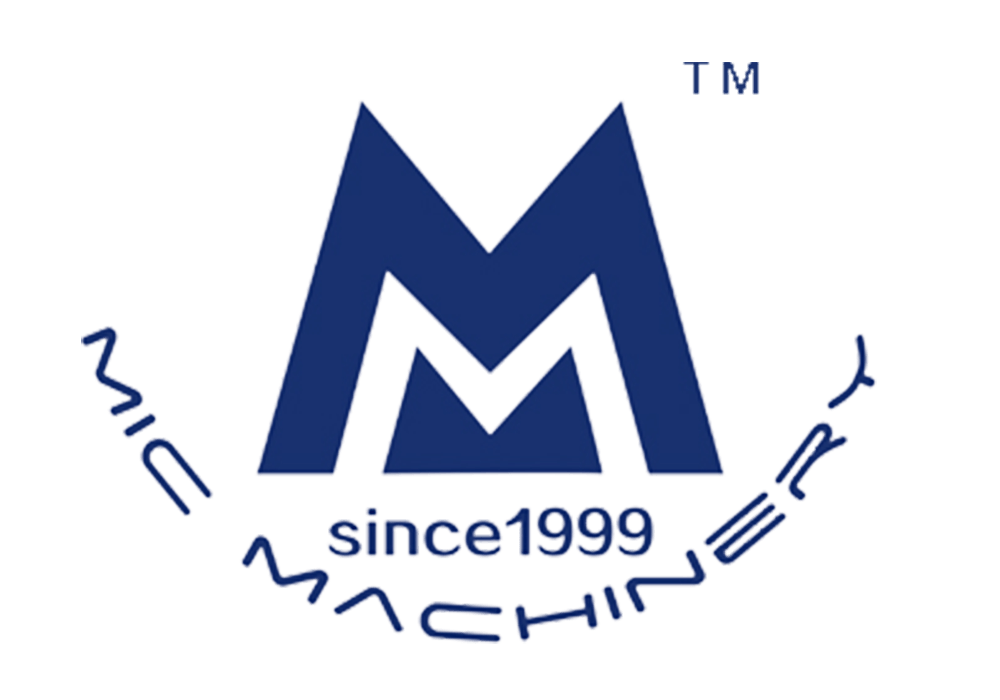Introduction to Inline Filling Systems and Capping Machines
|
Model |
|||||||
|
Screw capping head |
1pcs |
4 heads |
/ |
/ |
8 Piece |
6 heads |
1 head |
|
Application cap diameter |
/ |
Φ20--Φ80mm |
Φ28-Φ100mm |
Φ38-82mm |
Φ30mm |
Φ20--Φ80mm |
/ |
|
Production speed |
1000-3000Bph |
5400-6000 Bph |
0-6000 Bph |
120000-144000 Bph |
4800Bph |
5000 Bph |
1000-2000 Bph |
|
Power |
|
6.0KW |
0.55KW |
1.5KW |
4.0Kw |
4.0KW |
1.0KW |
|
Work Pressure |
0.4-0.6Mpa |
0.5-0.7Mpa |
0.4-0.6Mpa |
0.4-0.8mpa |
0.6Mpa |
0.5-0.7Mpa |
0.55-0.65Mpa |
|
Weight |
1100kg |
/ |
280kg |
280kg |
4000kg |
500 kg |
400kg |
|
Dimension (L×W×H) |
1000*1000*2400mm |
3500*2000*2100mm |
2000*700*2100mm |
/ |
2000*1600*2600mm |
2100*900*1564mm |
1600*1100*1700mm |


Manufacturers specializing in these systems, often referred to as cap lining machine manufacturers, provide a range of options tailored to specific industry needs. These manufacturers ensure that their machines meet the highest standards of quality and durability, essential for maintaining continuous production flows. The automatic inline capping machine represents the pinnacle of innovation in this field, offering fully automated cap application processes. These machines are designed to reduce human intervention, thereby minimizing errors and increasing throughput. They can be configured to work with various container shapes and sizes, making them adaptable to different production requirements.
The performance of these inline filling systems capper and related machines is measured by their speed, accuracy, and flexibility. The use of advanced control systems allows for precise adjustments and monitoring, ensuring that each cap is applied with the correct torque and alignment. This level of precision is vital for maintaining product integrity and customer satisfaction. Furthermore, the integration of these machines into a production line can significantly reduce labor costs and increase operational efficiency.













